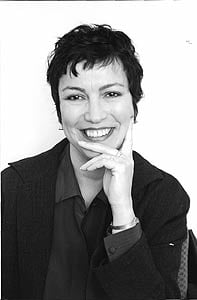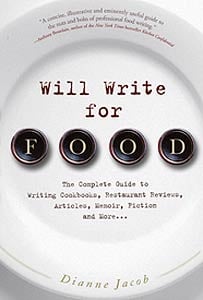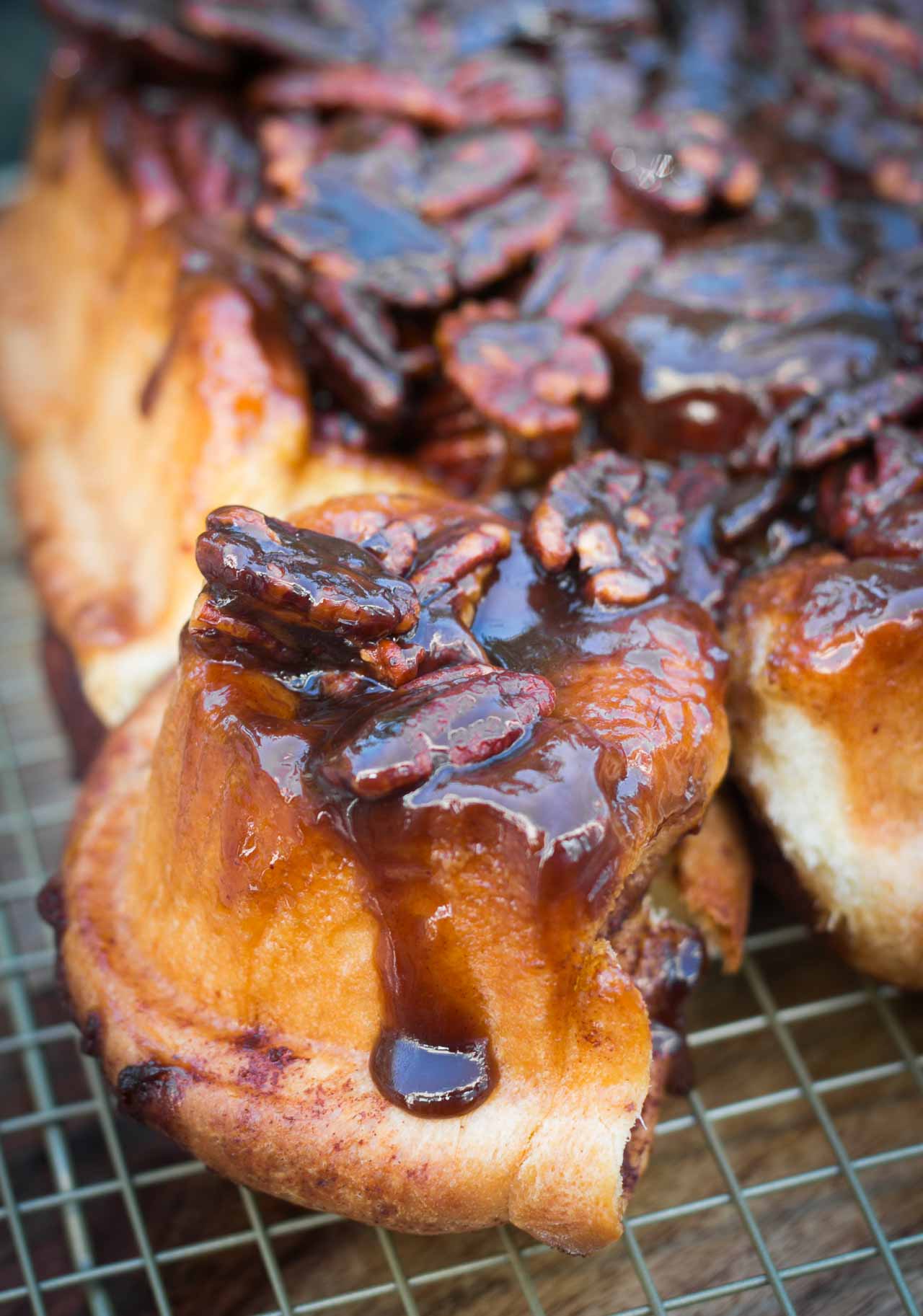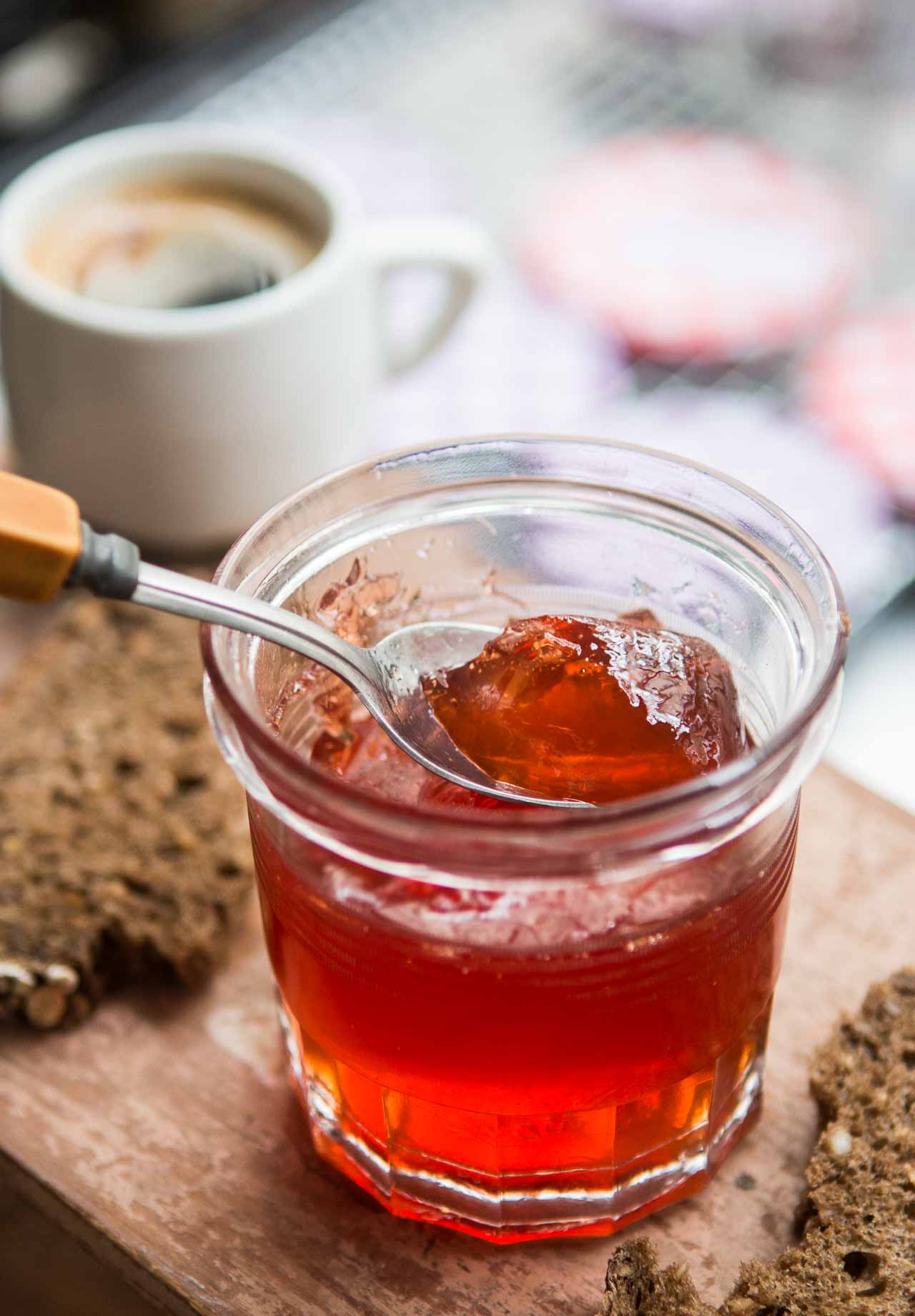Q & A with Dianne Jacob: Will Write For Food
Dianne Jacob is one of the most seasoned food writers and editors around and has become quite well-known because of the excellent advice and guidance she’s generously been giving out to other writers. A journalist since 1978, Dianne is also a writing instructor and coach that helps aspiring authors hone their craft. You can read more about her work and read her articles at her website.
Her latest book, Will Write For Food, is a comprehensive guidebook to the world of food writing. I can’t say enough good things about this book and it’s the first place I send anyone who asks me about the nitty-gritty on what it takes to write about food; from how to write your first proposal to how much you can expect to make from the finished book.
With helpful tips from well-known chefs and food writers like Harold McGee, Alice Medrich, Amanda Hesser plus powerful literary agents and top-notch cookbook editors—Will Write For Food is a must read.
David: Hi Dianne, thanks for taking the time to answer some questions for me and my readers. As someone who’s a seasoned writing coach and editor, what are the three most important tips you would give to aspiring food writers?
Dianne Jacob:
1. Win the lottery to make up for your income.
2. Take writing classes if you are cook; take cooking classes if you are a writer.
3. Be persistent.
David: Will Write For Food has become a classic, especially among food bloggers. But also amongst others interested in learning more about food writing, including restaurant reviewing, writing a memoir, and of course, cookbook writing. In fact, just about everyone I know has a copy.
What made you write it in the first place?
Dianne: I had been teaching food writing classes for years, and wanted a resource for my students. I couldn’t find one.
David: And was it difficult to find a publisher for the book?
Dianne: Are you kidding? Four New York publishers wanted it.
Part of what I offer as a coach and writing teacher is advice on writing book proposals. So I’d better be able to walk the walk, not just talk the talk.
The proposals arrived on publishers’ desks on a Tuesday morning. By Tuesday afternoon a publisher had called my agent, expressing interest. He made an offer the next day.
David: Four publishers?…You go girl!
I hope it was a good offer, since the lottery is so hard to win.
Speaking of offers, recently I was approached by a famous pastry chef and chocolatier about co-authoring a book with him. When I told him recipes needed to be in cups-and-tablespoons for the US market, and that the cakes needed to fit into 9-inch pans, he didn’t see the point.
Since chefs can be temperamental, and often don’t understand home cooks, when you work with chefs how do you tell them the recipes need help or serious revision?
Dianne: I’m going through this right now, I just finished a pizza cookbook with a chef in Chicago who makes killer grilled pizzas.
He has been cooking as a professional for 25 years and has won international awards. But he takes his skill level for granted, assuming everyone else can do what he does. For Craig, the chef, it’s all about taste, and he doesn’t care how long it takes or how many steps there are to get there. So I have to explain how a home cook thinks, that they don’t have his level of experience or—frankly—interest.
In the example of your chef, he measures all his dry ingredients for accuracy, but most home cooks don’t have scales.
David: I think everyone in America, when they’re born, should be handed a scale.
Everyone asks me this, so I think I’m going to turn the tables: What’s your favorite chocolate?
Dianne: I confess to liking the ones that have flavorings like cassis or orange or chai. I can hear your readers hissing.
David: Ouch! (Yes, that was my eardrum bursting…) I don’t mind some flavored chocolates, especially ones with spices, so you’re off the hook with me. My readers, on the other hand, are a bit less forgiving…
So what’s you’re favorite trend in the food world?
Dianne: I like the notion that food is connected to the environment, and that what you choose to eat affects the soil, farm workers, resources, etc.
David: And your least favorite?
Dianne: Molecular gastronomy.
If I have to eat one more foam I’m going to scream!
David: To be honest, the only time I think I ever ate foam was when I accidentally swallowed some while shaving. So I think I know what you mean; it doesn’t taste very good.
Speaking of ‘unusual tastes’, you actually once professed to me a crush on Anthony Bourdain. Frankly, I don’t see the two of you together. What’s up with that?
Where have you been, dahhling? Thousands of people have crushes on Bourdain.
I went to one of his talks here in San Francisco and it was like a rock concert with groupies. A woman in the bathroom spent about 10 minutes applying blush to her décolletage. A woman in her 60s in the book signing line in front of me introduced herself to him as his “future wife.”
Actually, I don’t see the two of us together either. I would just enjoy hanging out with him, as long as it didn’t involve getting plastered and eating animal penises.
Oh. Never mind.
David: Er…thanks for sharing, Dianne.
That doesn’t sound very appetizing to me either. Let’s get back to food writing.
How much would you say a writer should expect to make per year?
Dianne: See question No. 1.
David: Ok. I know that info is covered in your book, down to the exact dollars and cents. How do food writers supplement that income?
Dianne: Cooking classes, catering, being a private or personal chef, a real day job, doing food tours, and writing in more lucrative fields.
David: What do you think is the state of cookbook publishing today? I know for the past few years it was dominated by New York chefs, and then it seemed to be television personalities. Where do you think it’s going in the future?
Dianne: A big publisher closed its division last year, another publisher has put its famous editor on a 3-day a week schedule recently, so I think it’s going to be even harder for mere mortals to get published.
Sadly, the Food Network cookbooks rule.
David: A lot of bloggers would like to become professional food writers, and several have gotten book contracts. Do you think the era of the ‘celebrity chef’ is over and people are returning to books by home cooks?
Dianne: No. Bloggers have become celebrities, so we’re still in the same era.
David: Well, I know you’re not talking about me. I think I’ve gone the opposite direction.
You’ve written some articles, and we’ve corresponded a lot over the past couple of years about the importance of food blogs and how they’re nudging aside traditional media. Do you think that’s a good trend, or not?
Dianne: At first I sneered, having been a member of the traditional media for 30 years.
But then I got into it. I saw how it has changed the rules of who gets published and what to write about, and I find that refreshing. I like the community aspects, especially when you all get together to raise money for charity. Traditional media doesn’t do stuff like that.
David: I know I’m starting to sound like my parents, but in the past, we had some amazing food writers like Jane Grigson, Roy Andries de Groot, and Richard Olney. A lot of people today have no idea who they are, but I still get shivers when I read anything by one of them. They were so good at what they did. Do you think they’re lost forever, or they’ll be re-discovered by a new generation?
Dianne: It seems that way, doesn’t it. Our culture is focused on the new. So when you read the New York Times Book Review, or when my book group members choose a book, it’s all about what just came out.
On the other hand, most adored food writing from the past was Eurocentric (no offense), and we’ve finally branched out.
David: Who’s writing about food that you currently like to read?
Dianne: In that vein, I’m enjoying the new Saveur magazine, edited by a white guy who’s quite Asian identified. Being Asian-identified myself (my parents were born and raised in Shanghai), this is so much fun.
David: As an editor, what’s the most annoying trait that writers have?
(And please leave me out of this.)
Dianne: Food writers tend to use too many adjectives. Read Calvin Trillin. He doesn’t use any!
David: And if you could name three traits or techniques that food writers could work on to improve their writing, what would they be?
Dianne:
1. Employ all the senses in your writing, not just taste.
2. Use specific words whenever possible, ex. cinnamon bun vs. pastry.
3. Have fun and don’t take it so seriously (I need to take my own advice here).
David: Well, I definitely don’t take it so seriously. But perhaps I’d be rich if I did! Thanks so much for taking the time to answer my questions, Dianne. You’re the best! And I hope readers check out your book, Will Write For Food, which explore all of the topics we covered in depth.
Links and Resources
Recommended Books on Food Writing
















